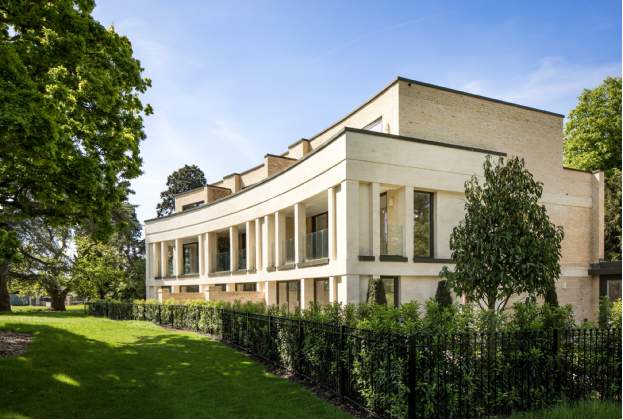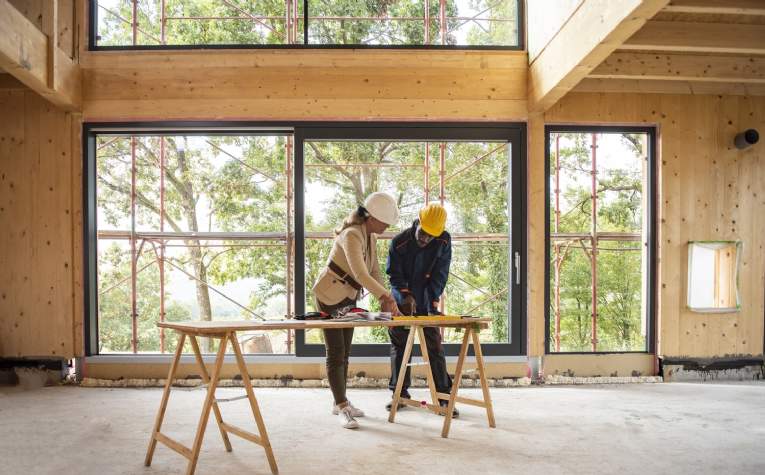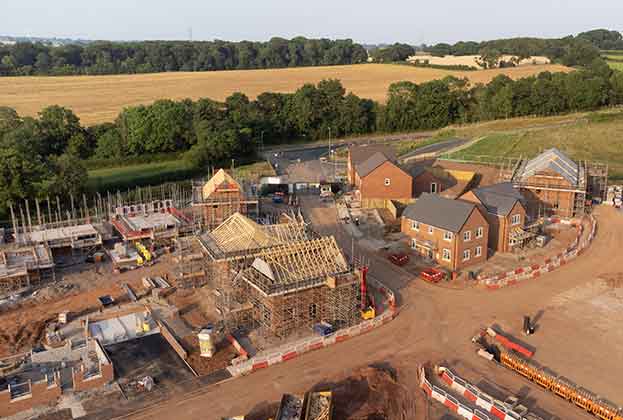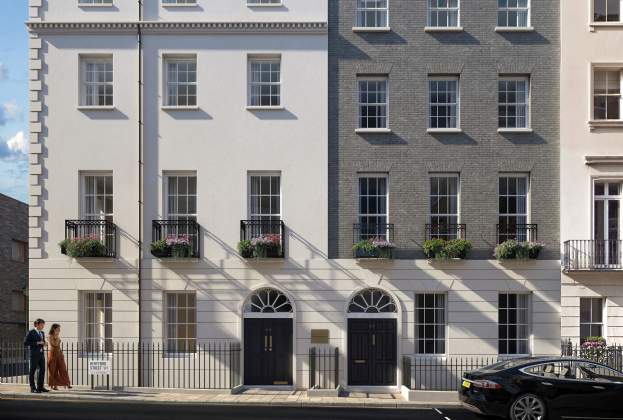House price growth in many ot the UK's key regional cities has out-performed London over the last year, according to land registry data analysed by Savills research team.
In annual growth figures Manchester, Birmingham and Edinburgh in particular have shown an increase against annual growth in London. Edinburgh leads the pack, with an annual growth of 9.9 per cent against 1.7 per cent for London and 4.1 per cent for the country as a whole. Birmingham comes in second with an annual growth of 9.7 per cent, followed by Manchester at 8.7 per cent.
Each of these key regional cities has their own distinct character and unique attractions and each is seeing growing demand from those who would like to live and work in thriving metropolitan areas.
Manchester
Manchester’s ambition and strong economic outlook are some of the key drivers behind this area’s strength in house price forecasts and investment in HS2 will drive growth in the longer term. Manchester’s housing supply has accelerated dramatically, but it still doesn’t meet demand. The continued growth in the commercial sector and demand for quality office space demonstrates a strong employment market which is in turn driving residential demand in the city centre and beyond. The infrastructure and investment sector is also thriving, with Manchester only second to London in terms of Foreign Direct Investments made in 2017 with 47 projects.
With the highest graduate retention rate outside London and the growth of the high tech and media sectors within the city, we are seeing an increasingly highly educated workforce and a growth in the 18-35 year old demographic. This sector of the market is agile and attracted to the flexibility of renting, certainly in the initial stages of their career and this has significantly affected demand in within the city centre and creating a dream scenario for investors keen to deploy their capital outside of London who are enjoying strong rental yields and capital growth.
The shortage of available housing stock is a real issue within the city, with demand significantly outstripping supply, in particular in the new build sector which is struggling to supply the owner occupier market adequately, favouring the off plan sales model. While supply levels are now at their highest since the global finical crisis, the number of ‘for sale’ units remains relatively low, with a significant number of new build schemes due to enter the Built to Rent Sector rather than the open market.
The outlook for Manchester remains very strong, a genuine alternative to London for business and employees alike, with a thriving cultural and leisure scene, first class employment opportunities and a real sense that the city is undergoing an economic renaissance in all sectors.
.jpg)

.jpg)









